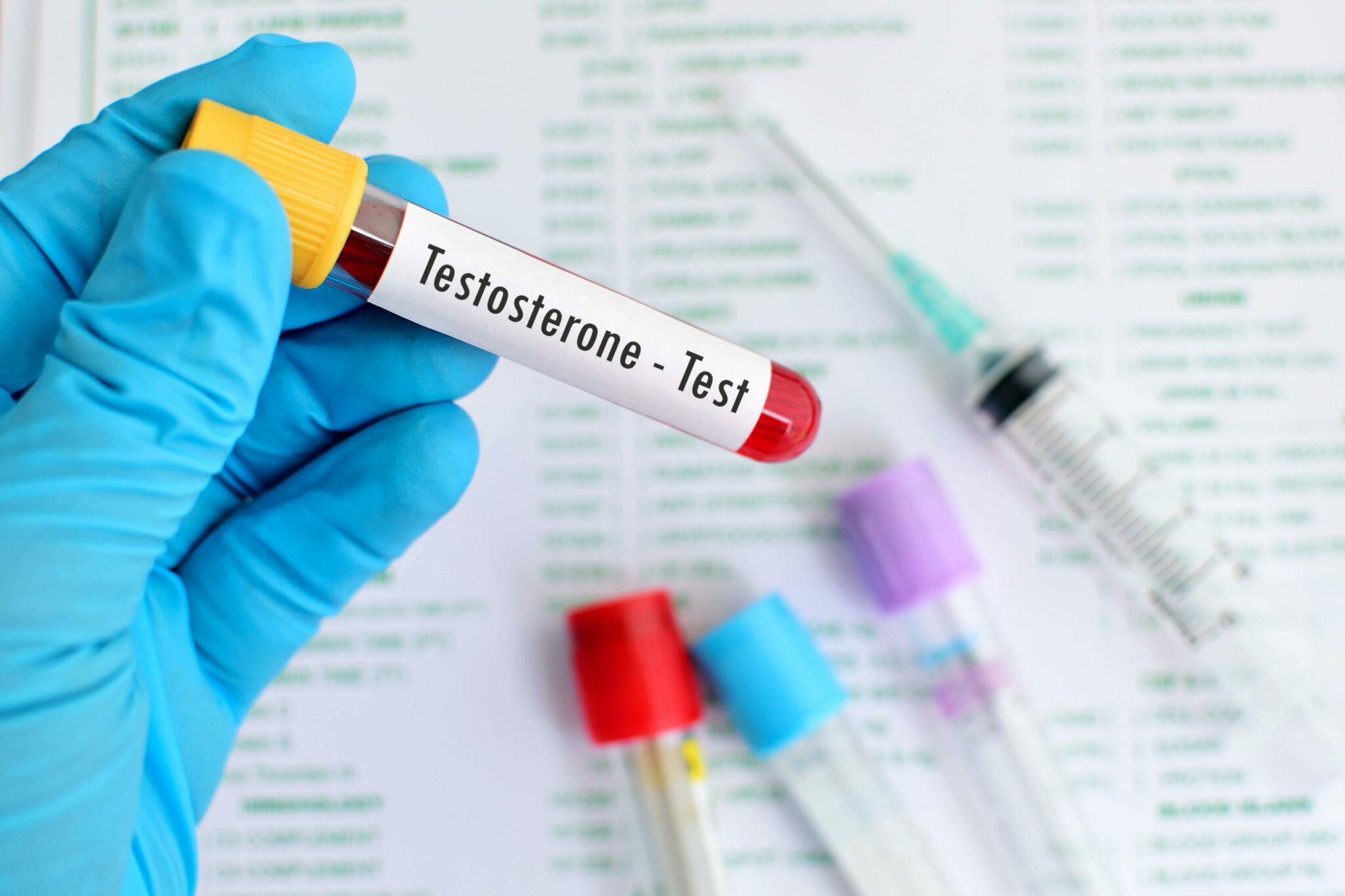Is it Possible to Reverse PCOS?


- It is possible to reverse PCOS.
- A syndrome with multiple symptoms, being diagnosed with PCOS does not mean you will have it forever.
A common misconception that people have about PCOS is that once diagnosed it is there for life. This is simply not true. PCOS is better characterised as a syndrome, or a set of interlinked symptoms. Some women will experience many, others barely any. The three main symptoms, as recognised by the medical community, are:
- Anovulation (lack of ovulation)
- Hyperandrogenism (excess male hormones)
- Polycystic ovaries.
At least two of these are required for a clinical diagnosis. However, many women with PCOS report other symptoms such as insulin resistance, obesity, infertility and increased susceptibility to inflammatory conditions.
How can I relieve my PCOS symptoms?
To reverse PCOS you need to think about managing PCOS symptoms.
Certain medications will mask the symptoms; the oral contraceptive pill will reduce the effects of having an excess of male hormones, clomiphene citrate will boost fertility, metformin will control your blood sugar levels and reduce the risk of type 2 diabetes. However, the likelihood with all of these is that once you stop the treatment, the symptoms will return.
An altogether more sustainable approach is to make lifestyle changes and dietary modifications that will not only help in the short-term, but also avoid the recurrence of PCOS symptoms at a later date.
What lifestyle changes can alleviate PCOS symptoms?
Lifestyle changes do not have to be drastic; lose weight, exercise more and supplement your diet with vitamins and minerals that are proven to help with PCOS symptoms. Magnesium is a good example; it reduces insulin levels and has anti-inflammatory properties.
Try to better understand your body; which foods you tolerate well and which you do not; how to exercise effectively, without putting your body into a stressed state.
Women with PCOS frequently test positively for inflammatory markers. However, these markers are also seen in people with diabetes and/or clinical obesity, both of which regularly present alongside PCOS. This further highlights the need to eat a well balanced diet, with an emphasis on weight loss. Endocrine disruptors, present in a vast array of cleaning and beauty products, can also alter hormonal homeostasis, aggravating PCOS symptoms.
You can reverse PCOS and adopt a holistic approach to your care. This is rapidly becoming the preferred treatment option for many women suffering from PCOS and PCOS side effects.
Nabta is reshaping women’s healthcare. We support women with their personal health journeys, from everyday wellbeing to the uniquely female experiences of fertility, pregnancy, and menopause.
Get in touch if you have any questions about this article or any aspect of women’s health. We’re here for you.
Sources:
- El Hayak, S, et al. “Poly Cystic Ovarian Syndrome: An Updated Overview.” Frontiers in Physiology, vol. 7, 5 Apr. 2016, p. 124., doi:10.3389/fphys.2016.00124.
- Patel, S. “Polycystic Ovary Syndrome (PCOS), an Inflammatory, Systemic, Lifestyle Endocrinopathy.” The Journal of Steroid Biochemistry and Molecular Biology, vol. 182, Sept. 2018, pp. 27–36., doi:10.1016/j.jsbmb.2018.04.008.












































